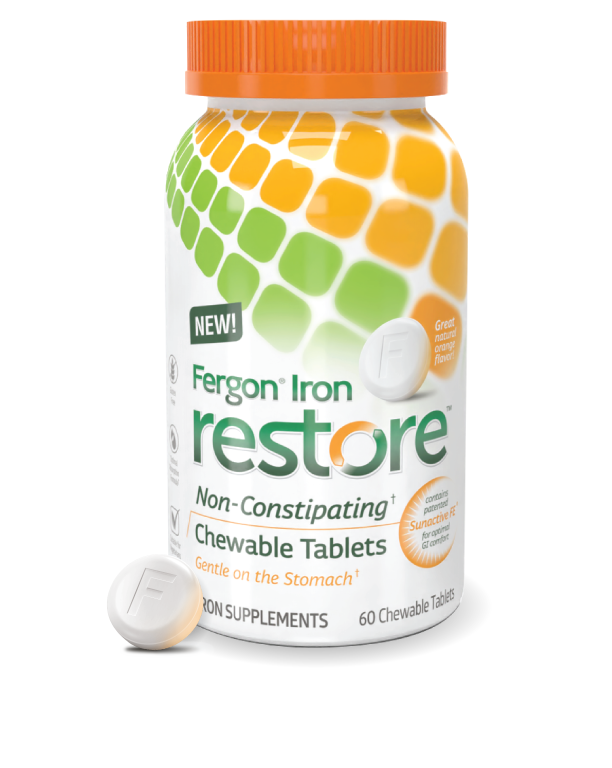The rise in popularity of certain diets and lifestyle choices, like vegetarianism, veganism, and paleo diets, has created new concerns among women.
It can be difficult for women who adhere to any type of diet to maintain healthy levels of iron in their systems. But when diets are restrictive and prohibit certain types of foods, it can be even more difficult to get this valuable mineral on a daily basis.
However, these three diets can offer significant health benefits for many people and are worthy of consideration. To make up for food restrictions, there are easy ways to add more iron into these diet plans while staying true to their principles. Here are some strategies for adding more iron into vegetarian, vegan, and paleo diets.
Vegetarianism and Iron Levels
Vegetarianism is a diet that requires abstaining from meat and some other animal products, often for health, moral, and religious reasons. Although iron is most often associated with eating meat, vegetarians will be relieved to discover that some of the best iron sources on the planet are plant-based. Legumes, like lentils and tofu, and grains, like quinoa and brown rice, are good vegetarian sources of iron. Pumpkin, squash, nuts, seeds, and tomato sauce are also good sources of iron.
Veganism and Iron Levels
Veganism is vegetarianism taken one step further because vegans abstain from all animal products, including dairy, eggs, honey, gelatin, wool, lanolin, fur, silk leather, and anything else that involved an animal to produce. The meat-free foods listed above can be consumed by vegans as well as vegetarians. Vegans may also want to add a source of vitamin C at meals to aid iron absorption. It is also advised to avoid drinking coffee and tea at meals and to cook water-based acidic foods, like tomato sauce, in a cast iron skillet.
Paleo Diet and Iron Levels
Unlike vegetarianism and veganism, which shun meat, paleo diets revolve around animal-based products. The principle behind the paleo diet is that humans today should eat like the cavemen used to eat during prehistoric times. This means that individuals on a paleo diet can eat anything that can be hunted (meats and fish) or gathered (leafy greens, local vegetables, nuts, and seeds).
Since paleo diets are typically meat-heavy, it shouldn’t be too difficult to get enough iron through meals. However, paleo dieters who focus on fish or poultry instead of red meat may still be at a risk for iron deficiency. Having heavy menstrual cycles, being pregnant, regularly donating blood, and having low stomach acid may also affect women’s iron levels while on a paleo diet.
Supplements for Specialized Diets
Vegetarians, vegans, and individuals on paleo diets may benefit from taking iron supplements like Fergon to add more iron into daily meals. Doctors may recommend supplements if a person’s iron needs can not be met by a specialized diet alone.
However, individuals on each of these diets should make sure to carefully read the ingredient list on any supplement they take to ensure that they are sticking to their diet-of-choice, even with supplemental tablets.

